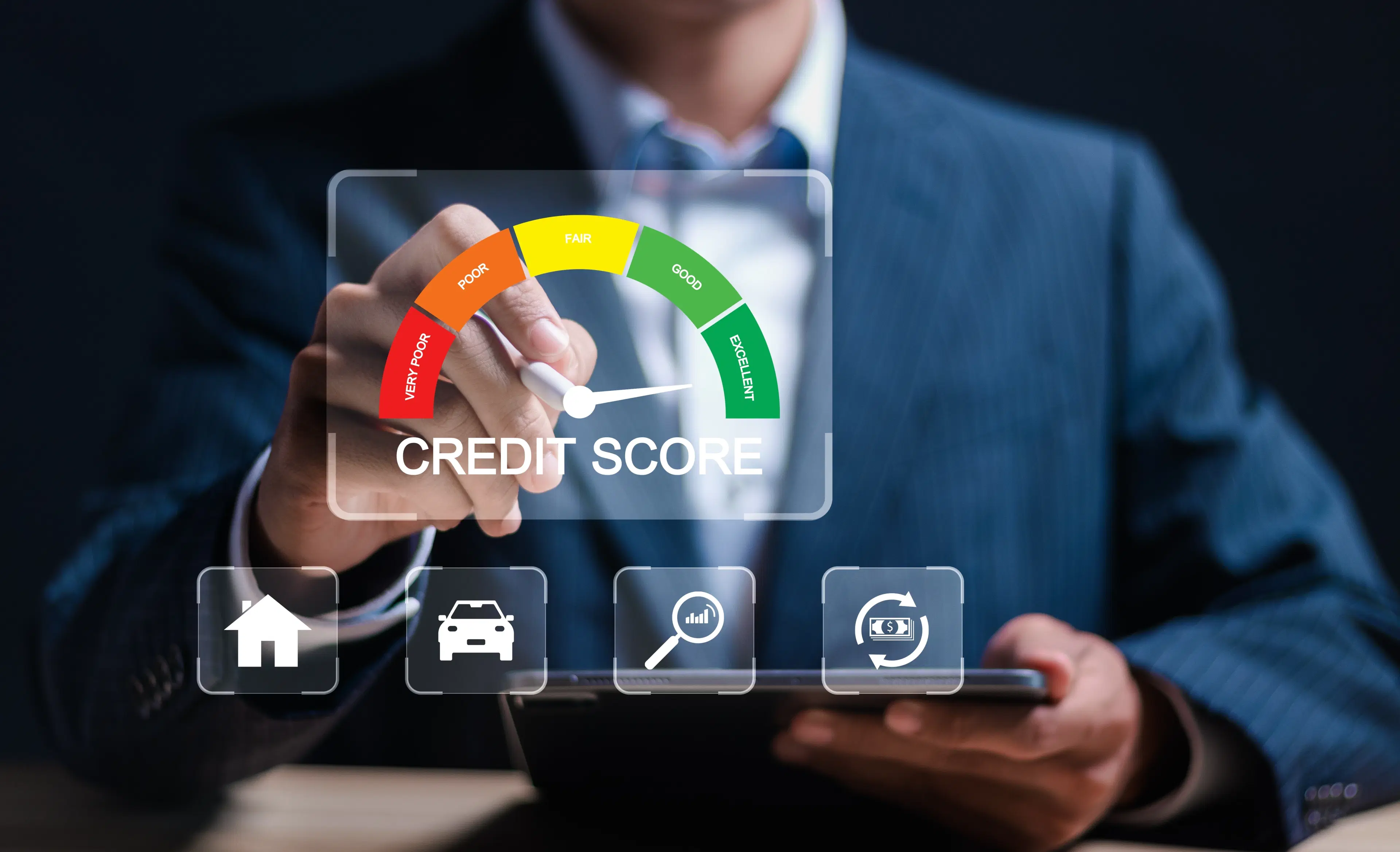
Cards
•04 min read
-ed507771-df04-4fb3-9af5-bae11cb611a6.png&w=3840&q=75)
Ever wondered why your CIBIL score sometimes behaves unpredictably even when you seem to pay your bills on time? It might be your credit card usage telling a story. In this post, we break down how credit card usage affects your CIBIL score and share practical strategies to help you achieve better financial health.
A CIBIL score is a three-digit number between 300 and 900 that reflects your creditworthiness. It is a crucial factor in obtaining loan approvals, determining interest rates, and establishing overall financial credibility. Among several factors, your credit card usage plays a significant role in shaping this score.
Your score is influenced by various factors:
Payment History: Regular on-time payments show reliability and count for a large part of the score.
Credit Utilization Ratio: This is the percentage of your credit limit that you use. Keeping this ratio low indicates responsible credit management.
Length of Credit History: A longer credit history generally improves your score as it shows stability.
Credit Mix: Having a balanced mix of credit types contributes positively to your score.
New Credit Inquiries: Too many inquiries in a short period can temporarily drop your score.
Using your credit card responsibly can boost your CIBIL score. For instance, making timely payments consistently demonstrates financial discipline. Keeping your credit utilization ratio below 30% — and ideally between 10% to 20% — shows that you are handling your available credit well. Additionally, maintaining an older credit card helps build a longer credit history, adding further strength to your score.
On the flip side, there are pitfalls to avoid. Missing a payment or delaying it can have a long-lasting negative impact on your credit report. Using too much of your available credit by exceeding a 30% utilization ratio can signal financial stress. Moreover, applying for several credit cards within a short period results in multiple hard inquiries, which might lower your score temporarily.
There are several myths around credit cards and CIBIL scores. Some believe that not using a credit card won’t affect the score. However, prolonged inactivity may even lead to account closure, which can shorten your credit history. Furthermore, while opting for EMIs on your credit card, timely payments are key. Even though some wonder, "Does EMI on credit cards affect CIBIL score?" the answer is simple: if you pay on time, the score benefits; if not, it suffers.

Keeping your credit utilization low is one of the most effective strategies. Aim to use less than 30% of your available credit across your cards. If you have more than one card, consider spreading your expenses to avoid high utilization on any single card.
Setting up automatic payments or reminders ensures that you never miss a due date. It is important to pay not just the minimum, but the full amount due where possible. This keeps your credit card balance in check and prevents unnecessary interest charges.
Older credit cards contribute to a longer credit history, which in turn benefits your CIBIL score. Even if you do not use them heavily, making small purchases occasionally can keep these accounts active. Steering clear of closing older accounts can be a smart move.
Each time you apply for a new credit card, a hard inquiry is recorded. While a single inquiry might not be harmful, multiple inquiries in a brief span can lower your score. Research your eligibility before applying to minimize rejections and avoid unnecessary inquiries.
Having a mix of different credit products like a Tata Neu HDFC Bank Credit Card and personal loans can improve your overall credit mix. This diversified approach, when managed well, shows lenders that you can handle different types of credit responsibly.
The age of your credit history is a marker of financial stability. Older credit accounts that show a long track record of timely payments help reinforce your creditworthiness. In contrast, a short credit history might limit your opportunities for better loan terms.

Keep your older accounts active even if you rarely use them. Small, periodic transactions can assist in maintaining the momentum of your credit history. It is wise to avoid closing these accounts unless absolutely necessary, such as in cases where fees are exceptionally high.
New credit cards can help build your credit profile when used properly. Make sure you manage them carefully by avoiding maxing out your limits. Responsible use from the start, with timely repayments, will gradually build up a positive credit history.
Using a credit card responsibly, such as by making on-time payments and keeping low credit utilization, can improve your CIBIL score, while missed payments and high utilization can hurt it.
Yes, timely EMI payments help boost your credit score while any lapses can negatively impact it.
Inactivity on a credit card account may eventually lead to its closure, thus reducing the overall length of your credit history.
A longer credit history reflects sustained financial responsibility and positively influences your credit score.
By paying your bills on time, keeping a low credit utilization ratio, maintaining older accounts, and minimizing hard inquiries, you can improve your CIBIL score over time.
In summary, understanding how your credit card usage affects your CIBIL score is key to managing your financial future. By adopting responsible practices like timely payments, managing balance utilization wisely, and keeping old accounts active, you lay down a strong foundation for long-term financial well-being. These strategies not only empower you to improve your credit score gradually but also help you gain greater financial confidence and control.